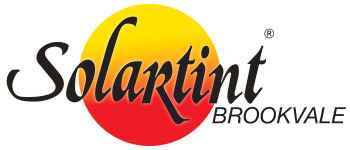Many cars being manufactured today are built with radio, GPS or television aerials mounted in rear screen or cargo windows.
This is most commonly encountered when tinting prestige cars, such as Lexus, BMW, Mercedes, VW, Maserati and many other brands. In these instances alone, it is necessary to use a non-metal product. This is where it is important to use a quality film, as cheaper ‘aerial-safe, non-metallic’ films simply do not stand the test of time. Sometimes aerials are located in rear windscreens, some in side cargo windows. We can tell you exactly where the aerials are, and our 16+ years of knowledge will help you to find the best solution for your car.
Further to the above, in such brands as Porsche, you can find the radio antenna in the front windscreen, which means you can take the film of your choice. This is why it is important to speak to industry professionals so we can do this thinking for you!
At Solartint Brookvale we use only the top shelf variety of films covered by Nationwide Manufacturer’s Lifetime Warranty. Our installers are able to tell you whether this is necessary upon inspection, to ensure no interference to devices, whether it is GPS, mobile phone, or internal digital TV antennae.
